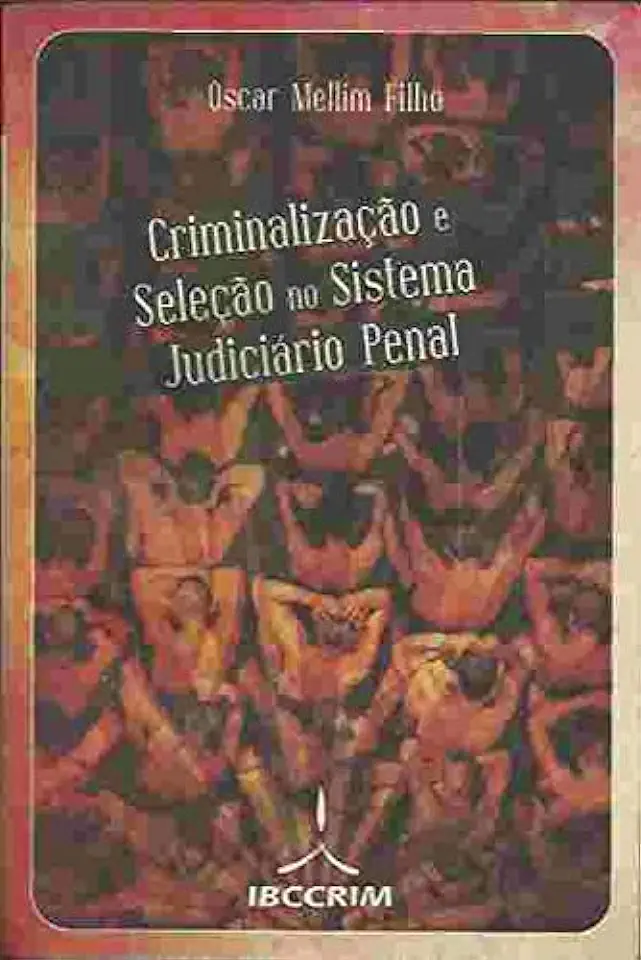
Criminalization and Selection in the Criminal Justice System - Oscar Mellim Filho
Criminalization and Selection in the Criminal Justice System
Introduction
In his book, Criminalization and Selection in the Criminal Justice System, Oscar Mellim Filho argues that the criminal justice system is a system of social control that is designed to maintain the status quo and protect the interests of the powerful. He argues that the system is biased against the poor, the marginalized, and the powerless, and that it is more concerned with punishing criminals than with preventing crime.
The Criminalization Process
Mellim Filho begins by describing the process of criminalization, which he defines as the process by which certain behaviors are defined as criminal and subject to punishment. He argues that this process is not objective or neutral, but rather is influenced by the values and interests of the powerful. For example, he points out that the laws that define what constitutes a crime are often written by the wealthy and powerful, and that these laws often reflect their interests.
Mellim Filho also argues that the criminalization process is selective, meaning that it does not affect all people equally. He points out that the poor, the marginalized, and the powerless are more likely to be arrested, convicted, and imprisoned than the wealthy and powerful. This is due in part to the fact that the criminal justice system is more likely to focus on crimes that are committed by the poor, such as drug offenses and petty theft, than on crimes that are committed by the wealthy, such as white-collar crime.
The Selection Process
Once a person has been arrested, they enter the selection process, which is the process by which the criminal justice system decides who will be punished and who will be released. Mellim Filho argues that this process is also biased against the poor, the marginalized, and the powerless. He points out that the wealthy and powerful are more likely to be able to afford bail, hire a good lawyer, and negotiate a plea deal that will result in a lighter sentence.
Mellim Filho also argues that the selection process is often arbitrary and capricious. He points out that there is no clear standard for determining who will be punished and who will be released, and that the decisions that are made are often based on factors such as race, ethnicity, and social class.
The Consequences of Criminalization and Selection
Mellim Filho argues that the criminalization and selection processes have a number of negative consequences for society. He points out that these processes lead to the mass incarceration of the poor, the marginalized, and the powerless, which has a devastating impact on their lives and their communities. He also argues that these processes undermine the rule of law and create a sense of injustice and distrust in the criminal justice system.
Conclusion
Mellim Filho concludes by arguing that the criminal justice system is in need of reform. He calls for a system that is more just, more equitable, and more effective in preventing crime. He argues that this can be achieved by decriminalizing certain behaviors, reducing the number of people who are incarcerated, and providing more resources for crime prevention programs.
Why You Should Read This Book
Criminalization and Selection in the Criminal Justice System is a powerful and provocative book that challenges the way we think about crime and punishment. Mellim Filho's arguments are well-supported by evidence, and he writes with passion and conviction. This book is a must-read for anyone who is interested in criminal justice reform.
Call to Action
If you are interested in learning more about criminalization and selection in the criminal justice system, I encourage you to read Criminalization and Selection in the Criminal Justice System by Oscar Mellim Filho. This book is available for purchase online and in bookstores.
Enjoyed the summary? Discover all the details and take your reading to the next level — [click here to view the book on Amazon!]